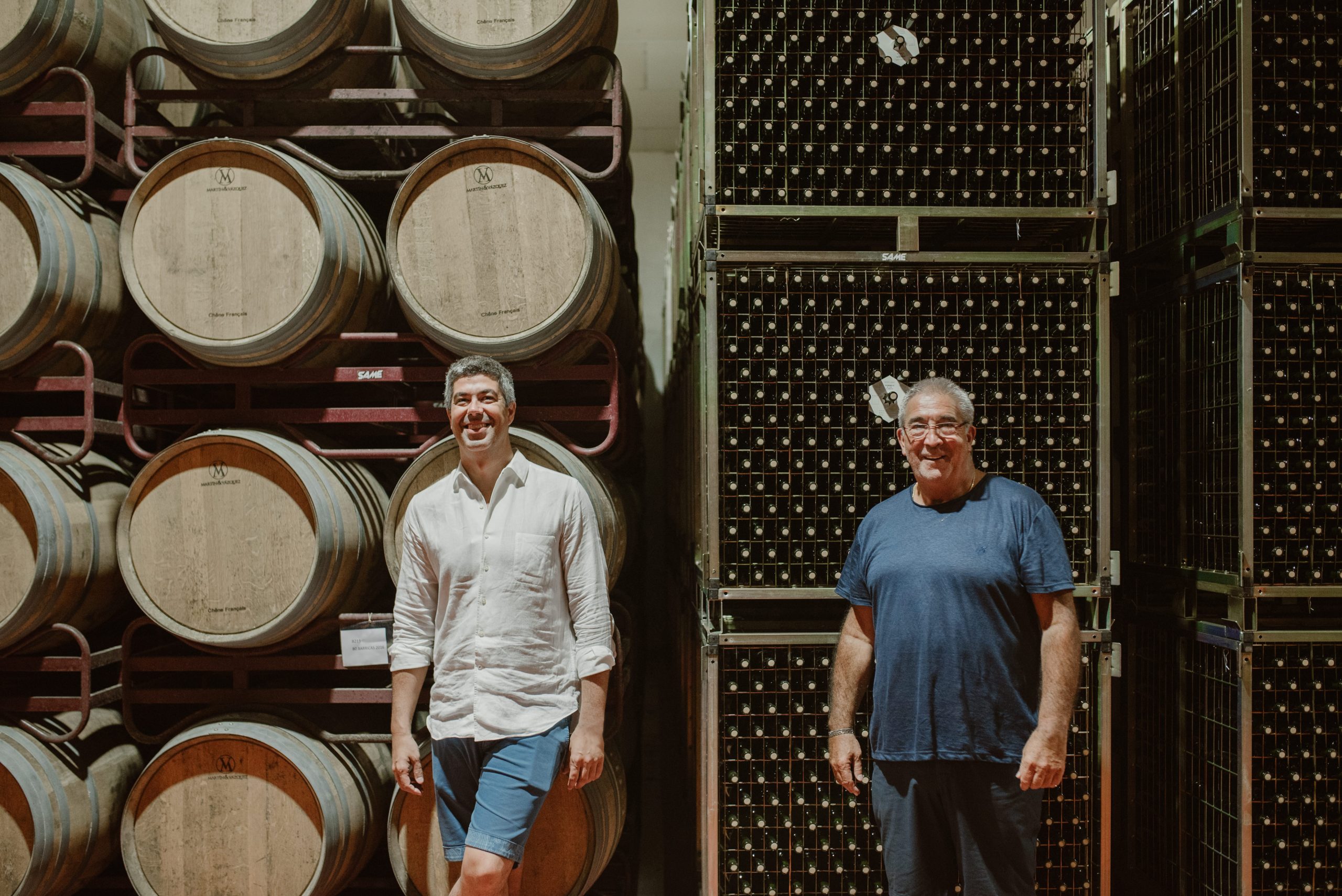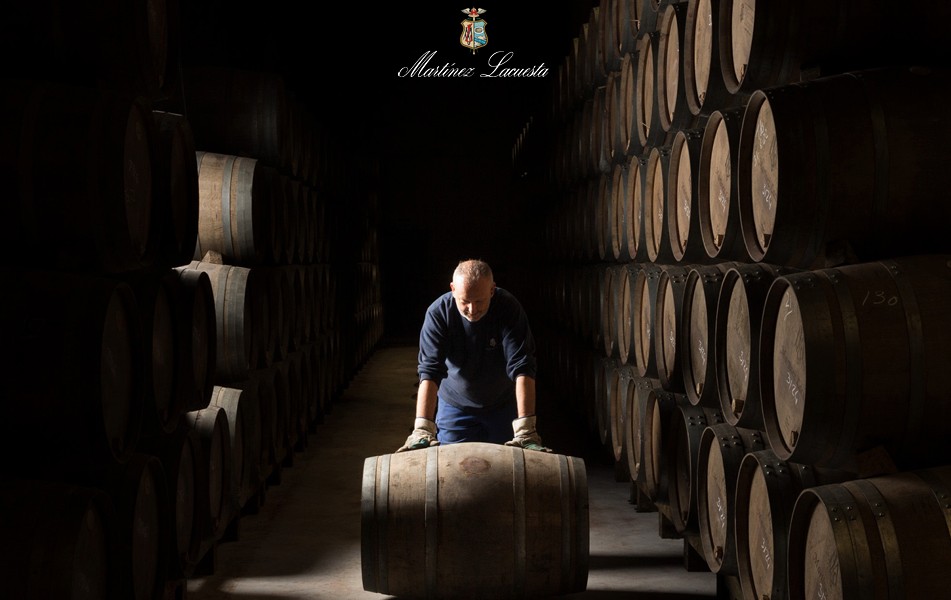The downfall of the ‘King of Good Times’, Vijay Mallya
Vijay Mallya has never led a quiet life.
The 64-year-old former head of United Breweries and United Spirits who is about to be extradited from Britain to India to face charges of fraud and money laundering involving some £1.15 billion, inherited his business empire aged 28 when his father died suddenly in 1983.
Since then he has perpetually been in the limelight, known for his flamboyance, ostentation and extravagant international lifestyle.
Mallya was the only child of the successful but frugal drinks entrepreneur Vittal Mallya, who founded both UB and USL. While his father lived in Bangalore running his breweries, Vijay was brought up by his mother in Kolkata. But he was under constant pressure from his father who threatened that he would not inherit the family business and fortune unless he conformed and studied hard.
Reports say this paternal pressure created insecurity for the son, who from a young age was a spendthrift. But when Vittal died suddenly, his only child, Vijay, inherited everything.
He immediately embarked on a career that transformed what became UB Group into a multinational conglomerate that held more than 50% of the Indian beer market and was the country’s biggest spirits producer.
When he inherited the group, his companies sold just 2.5m cases a year, yet by 1995 his drinks empire was the world’s tenth largest. By 2001 he was selling 26m cases of spirits. At one stage he even sought to buy the Taittinger champagne house, such were his vaulted ambitions.
Seemingly Mallya had the golden touch. As the new millennium dawned the Kingfisher beer brand had become global and Mallya himself had embarked on a programme of self-promotion that saw him claim to be the “King of the Good Times”.
He became the owner of Royal Challengers Bangalore, the Indian Premier League cricket franchise, and the Barbados Tridents team in the Caribbean league. He was the principal backer of the Force India Formula 1 grand prix racing team. He travelled by private jet, owned a luxury yacht, amassed a fleet of iconic vintage cars and lived in sumptuous properties around the world. He was constantly in the company of Bollywood stars.
All that has gone.
It all started to go wrong in 2005 when he launched Kingfisher Airlines, which he billed as a “five star hotel in the air” but based on the low-cost business model of Ryanair and easyJet in Europe and South West in the US.
The airline never made a profit and as soon as the global recession hit in 2007/8 his business model was in trouble. The cost of fuel soared, passenger numbers shrank and in 2012 the airline collapsed spectacularly. It never made a profit.
Creditors demanded repayment by Mallya personally, aircraft were impounded and thousands of staff were left unpaid.
In all 17 Indian banks together claimed Mallya owed them more than £1.15 billion in principal and interest. They claimed he never intended to repay them.
Some of the charges against Mallya allege that he diverted money borrowed to prop up Kingfisher into buying property overseas. It is also claimed that $40m was diverted to his children.
In a dossier to the UK courts, the Indian authorities presented what they called a “complete money trail”, alleging that more than £600m of the loans to Kingfisher were diverted by Mallya to shell companies in Switzerland, Ireland and Britain as well as the Force India grand prix business.
The dossier alleged that he used these offshoots to launder money through understating losses, false invoicing and other unauthorised diversion of funds. There were also allegations of corruption of bank officials and civil servants to influence granting of the loans.
He was charged with money laundering and fraud and fled to London in March 2016 on the eve of an arrest warrant being issued for him. The UK Court of Appeal has now ruled that he should be deported to India to answer those charges and the Supreme Court has refused to intervene.
Mallya has always maintained that the collapse of the airline was a simple business failure and that he will not receive a fair trial in India, where he has already be declared a wilful defaulter and a fugitive economic offender. The UK courts have rejected those arguments.
Partner Content
He says the money was lent to the business, not to him personally, and that if the banks had been patient Kingfisher could have traded its way to solvency, enabling repayment of the debts.
“Not one rupee was misused”, he claimed, accusing the Delhi government of making him a scapegoat in its political campaign to expose cronyism and corruption.
In subsequent court hearings Mallya’s legal team have portrayed him with assets of more than £1.7 billion and as extradition loomed he has tweeted more than once that he wanted the banks to sell his seized assets to repay the debts.
He “begged” the Indian authorities to “take it [£1.15 billion] so that we can all get on with our lives”.
After he fled to London in March 2016 he was hit by a worldwide freeze on his possessions by courts in both India and London and required to live on £18,300 a month plus legal expenses.
Yet despite owing Indian banks almost £1.15bn including interest, Mallya, has never appeared on his uppers.
Not only was he able to post £650,000 bail following his arrest in but he continued to live in the £12m sprawling mansion in Hertfordshire to which he fled in March 2016 as well as a Regent s Park property in fashionable central London on which he has been accused of defaulting on a £20m mortgage.
Known as the “King of the Good Times” because of his extravagant lifestyle, once his airline was in trouble, Mallya sought to raise cash by selling a majority of United Spirits to Diageo and some 40% of the brewing empire to Heineken. He was later ousted from roles in both companies which charged him with financial irregularities.
Mallya fled to the UK immediately after agreeing a $75m deal with Diageo for him to step down from all offices at United Spirits in which the UK-based drinks giant had bought a controlling 55% stake.
That payment was frozen and Diageo has since won a London court case requiring Mallya to repay £138m, which it alleges was transferred without due authority from United Spirits to other Mallya companies. Diageo was required to meet a £102 million (plus interest) loan repayment guarantee on which Mallya defaulted. Separately USL is pursuing him for more than £100m.
When he was declared a willing defaulter, India withdrew the diplomatic passport he held as member of the country’s congress. He was subsequently required by Westminster magistrates to surrender his ordinary passport and the keep his mobile phone fully charged, turned on and permanently in his possession.
After much legal wrangling, in February 2019 the British Home Secretary signed Mallya’s extradition papers after Westminster magistrates decided that he had charges to answer in India, not least being in contempt of that country’s Supreme Court for failure to make a full financial disclosure.
He won leave to appeal when his counsel argued that the extradition order was “premised on serious, and in some cases very obvious, errors”. That appeal failed.
Mallya now faces waiting for his trial in Mumbai’s Arthur Road jail. As part of his battle to avoid extradition he alleged the facility was below acceptable international standards and that his health issues would not be addressed there.
Those claims were rejected by the British courts after India upgraded a block to hold fugitives such as Mallya.
Compared to the flamboyant luxury in which he has lived his life, however, it will be spartan.




